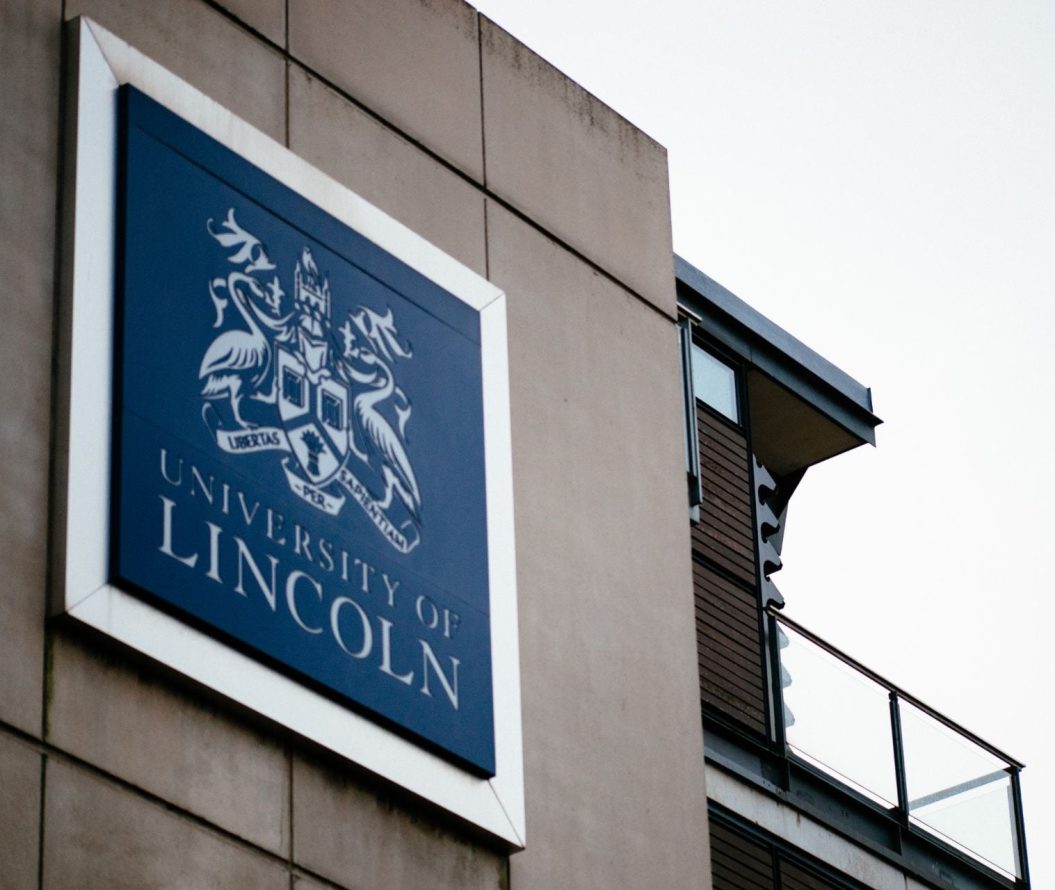
One of the biggest perks of being a student is having time. Even if you are super ambitious, diligent, participate in societies and have a job, there’ll be free weekends, free afternoons, free mornings or even whole weeks without lectures. You’ll very likely never have this much time to do whatever you want again.
When I realised that, I decided that I’d use that time to travel and explore as much as possible. Whether you’re an international student who’s never been anywhere in the UK, apart from London, before coming here to study (like me), or you’ve grown up here, there’s always something new to discover – bustling cities, abandoned castles, lush forests, windswept moors, hidden beaches – it’s all out there waiting for you.
Unfortunately, being a student often means having a tight budget, so here are a few tips on how to travel cheaply (all tried and tested by a student with a modest budget and a massive love for travel):
1) Get a Railcard
If you’re between 16 and 25, a Railcard will get you 1/3 off all train tickets for a whole year for only £30. Even if you only travel by train a couple of times, this really pays off – I managed to get a ticket from Lincoln to London for £12, for example, which is less than you’d pay for a pizza and a drink at most restaurants or takeaways.
2) Use the coach
The cheapest way to get around the UK (and also to get to other places in Europe, e.g. France or Belgium – I went from London to Brussels for £15, booking fee included) is by coach. It will take you longer, but the seats are comfortable enough and you usually have free wifi and a socket. For longer journeys, you could even consider travelling overnight, which automatically saves you money because you don’t have to pay for accommodation. If you know you’ll use the coach more than once or twice, I recommend getting a Coachcard (for £10 you get 1/3 off standard fares for a year).
3) Book journeys in advance
Don’t make the mistake to buy a train ticket at the train station on the day you want to travel – this is the most expensive option and should only be considered for emergencies. If possible, buy your tickets at least a few days in advance; for a trip to London, for example, this could save you between £10 and £20 (in addition to the Railcard discount!).
4) Try Couchsurfing
Airbnb and hostels are a cheap alternative to hotels, but if you really want to save money, try Couchsurfing: it’s completely free, and in addition to that you’ll meet amazing new people and get free insider tips from locals. People share whatever they have, mostly a couch or a mattress, but if you’re lucky you might get a whole room with a proper bed, fresh towels and even food for free.
Well, I hope you found these few tips helpful, but if you have any of your own please let me know in the comments!



